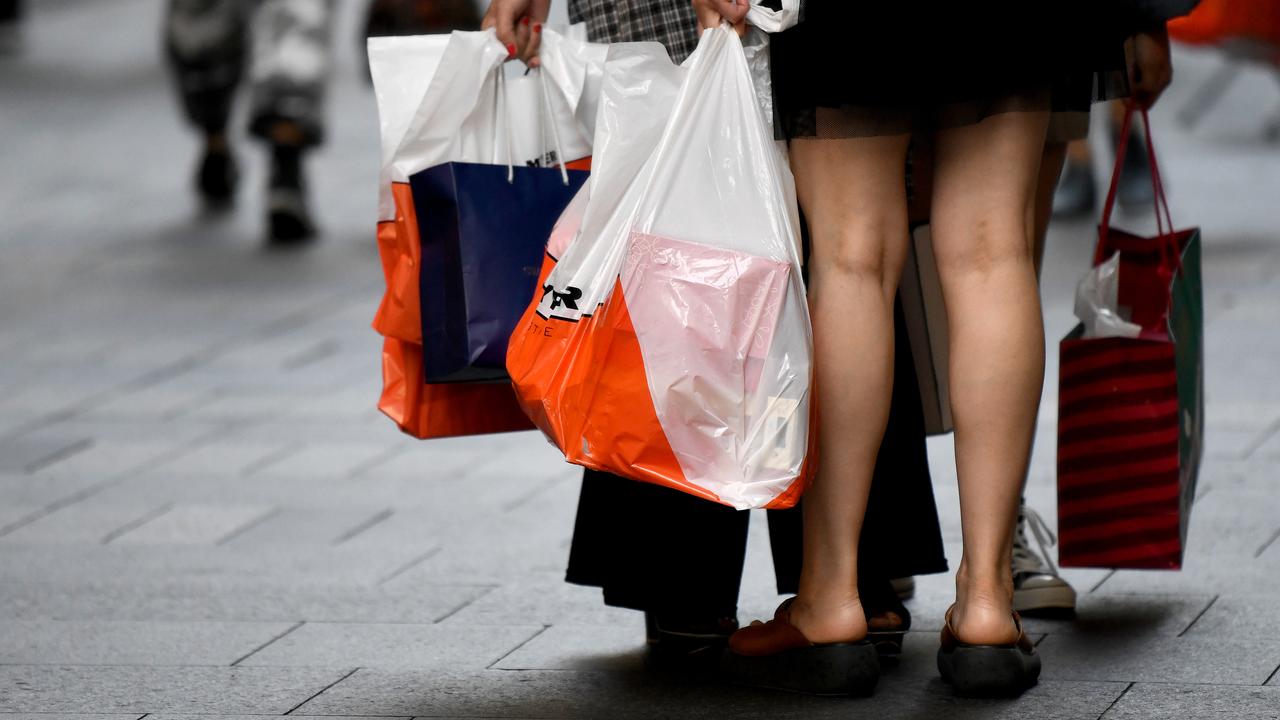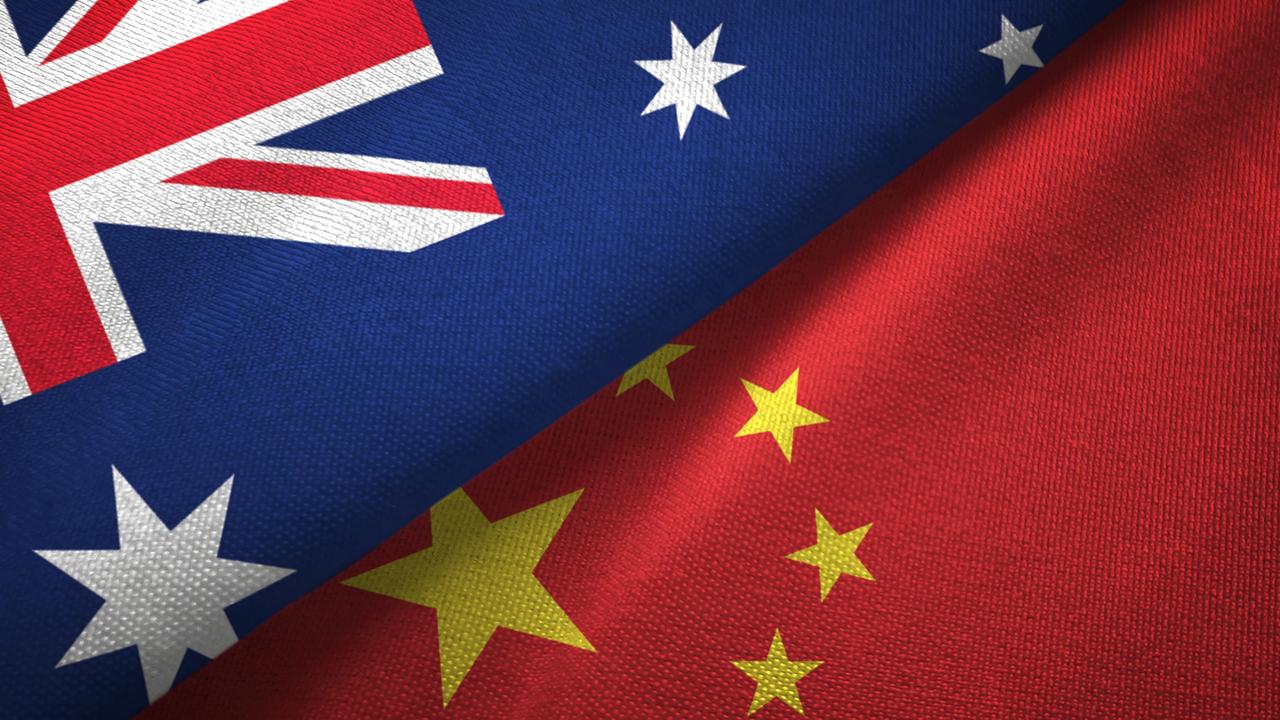‘So challenging’: Why an Aussie boycott of Chinese products is doomed to fail
Tensions between Australia and China boiled over this week. But there’s a glaring reason why a push to hit the nation where it hurts is doomed to fail.

Australia’s relationship with China has plummeted to a new low, and the latest war of words has sparked a predictable call for shoppers to fight back by boycotting Chinese goods.
Outrage over China’s “repugnant” doctored soldier photo continues to grow, with leaders and everyday Aussies alike condemning the sick attack.
The photo scandal coupled with China’s escalating trade war with Australia has prompted One Nation’s Pauline Hanson to push for a boycott of Chinese products this Christmas – an idea that is already attracting a great deal of support.
RELATED: Why China furiously turned on Australia

But there’s a glaring reason why the plan is not only doomed to fail, but also harmful to Australia’s own interests.
ONLY HURTING OURSELVES
China is Australia’s most important partner when it comes to imports, with Aussies snapping up a staggering $71.3 billion worth of goods and services from China in 2017/18 – the equivalent of 18 per cent of Australia’s total imports.
Some of the most common imported items include telecom equipment and parts, computers, furniture, mattresses and cushions and prams, toys, games and sporting goods – meaning we are well and truly reliant on China to provide the stuff we need.
It is also estimated that a total trade war with China would cost Australia 6 per cent of GDP, according to a recent piece in The Conversation by University of Western Australia Winthrop professor of economics Rod Tyers and Australian National University senior lecturer in economics Yixiao Zhou.
The academics explain that if the relationship were to break down completely and bring an end to imports and exports going both ways, the loss of Chinese exports to Australia would be catastrophic to us, but would be “mosquito bites by comparison” to China.
While not specifically addressing the impact of halting Chinese imports locally, the pair make it painfully clear that ultimately, Australia will be the biggest loser in a trade showdown with China.
IMPOSSIBLE TASK
Meanwhile, Queensland University of Technology retail expert Gary Mortimer told news.com.au the sheer proportion of Chinese-made products in Australia across just about every category meant a boycott would be an almost impossible task.
“Calling for boycotts of Chinese-made products may seem like a reasonable and balanced approach. In practical terms it is incredibly difficult,” Dr Mortimer said.
“One would only need to wander through any Australian discount department store to realise the proportion of products imported from China.”
Dr Mortimer said there was a particularly high proportion of Chinese-made apparel, home furnishings, furniture and consumer electronics in Australia, but pointed out that even items made from Australian materials were often manufactured elsewhere.
“You will often find that even better-quality apparel like men’s suits might be made with Australian merino wool but be manufactured in China and then shipped back,” he said.
“Even products produced in places like South Korea, India and Bangladesh may contain elements or parts produced in China.
“The problem is consumers are so dependent on Chinese-made goods that calls to boycott them will fall on deaf ears as it is so challenging to do so.”
Dr Mortimer also pointed out that if we were to stop all Chinese imports, it would have a “devastating impact” on our GDP and said trade was a “two-way street” that benefited both nations.
‘WHATEVER IT TAKES’
In response to Beijing’s recent decision to impose tariffs of up to 212 per cent on Australian wine imports, Australia China Business Council national president David Olsson issued a statement which argued that “accepting the current state of play as the new normal is not in Australia’s longer-term national interest”.
“Australian business – not to mention the broader Australian community – cannot afford the thinly disguised hostility that currently surrounds the wine tariff dispute to become the new normal in Australia-China relations,” he said.
RELATED: China’s ominous warning to Australia

“The Australia China Business Council’s position has been consistent. Australia cannot bend the knee in response to Beijing’s pressure. But resolution requires a level of dialogue that remains elusive.
“Every avenue needs to be explored – B2B dialogue, special envoys, business council back channels, eminent Chinese Australians – whatever it takes to get us back to the diplomatic table.”



